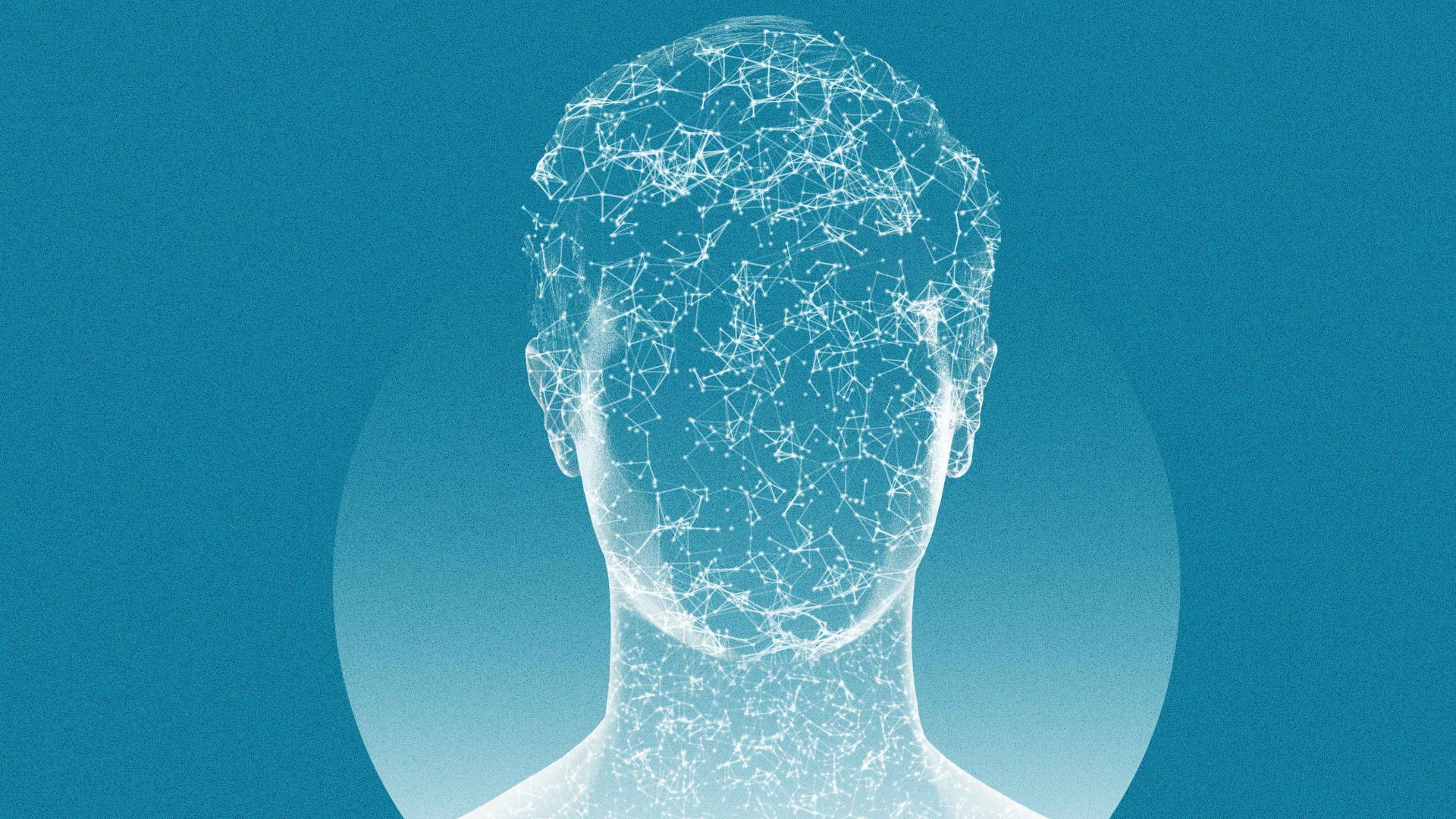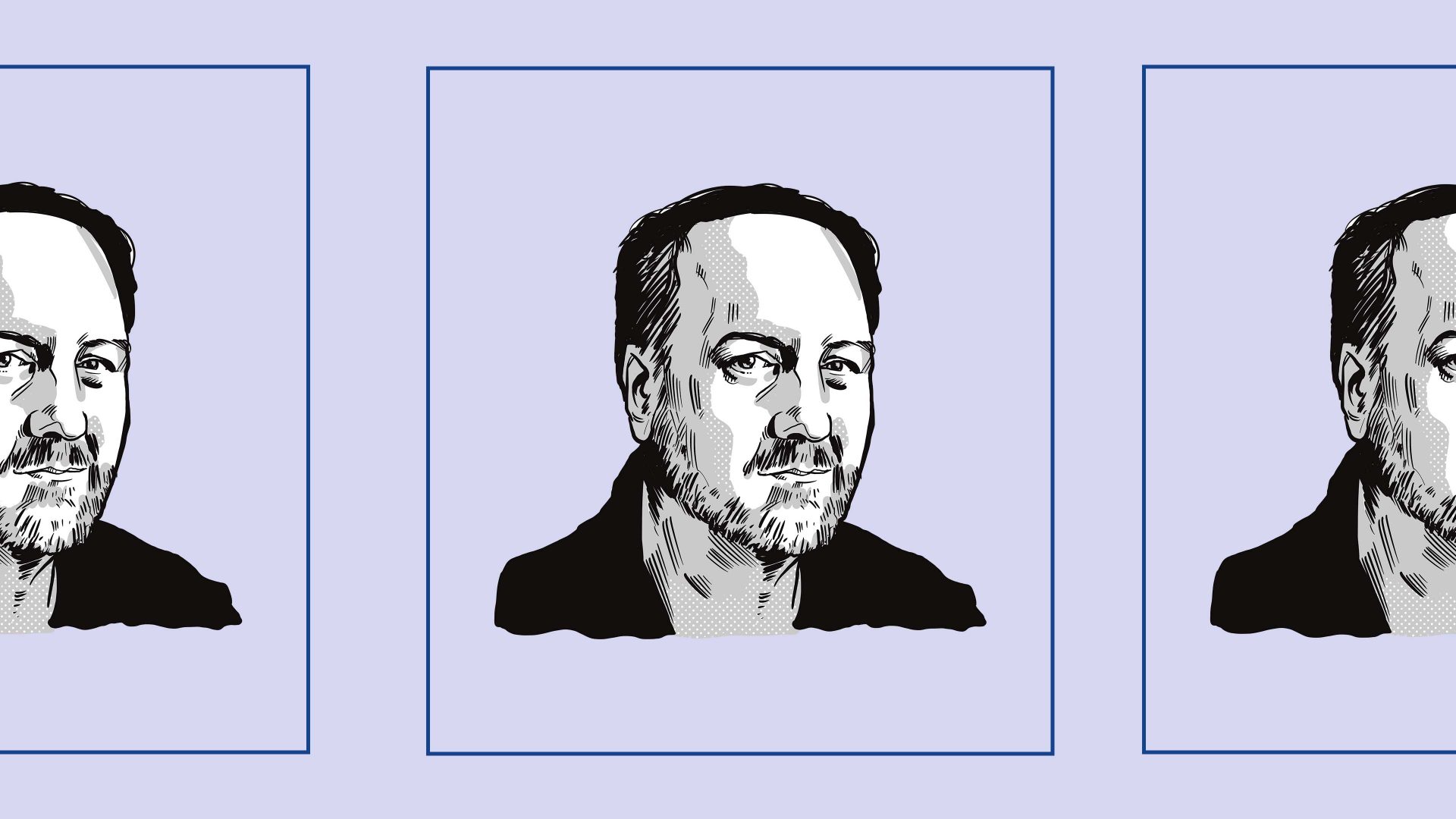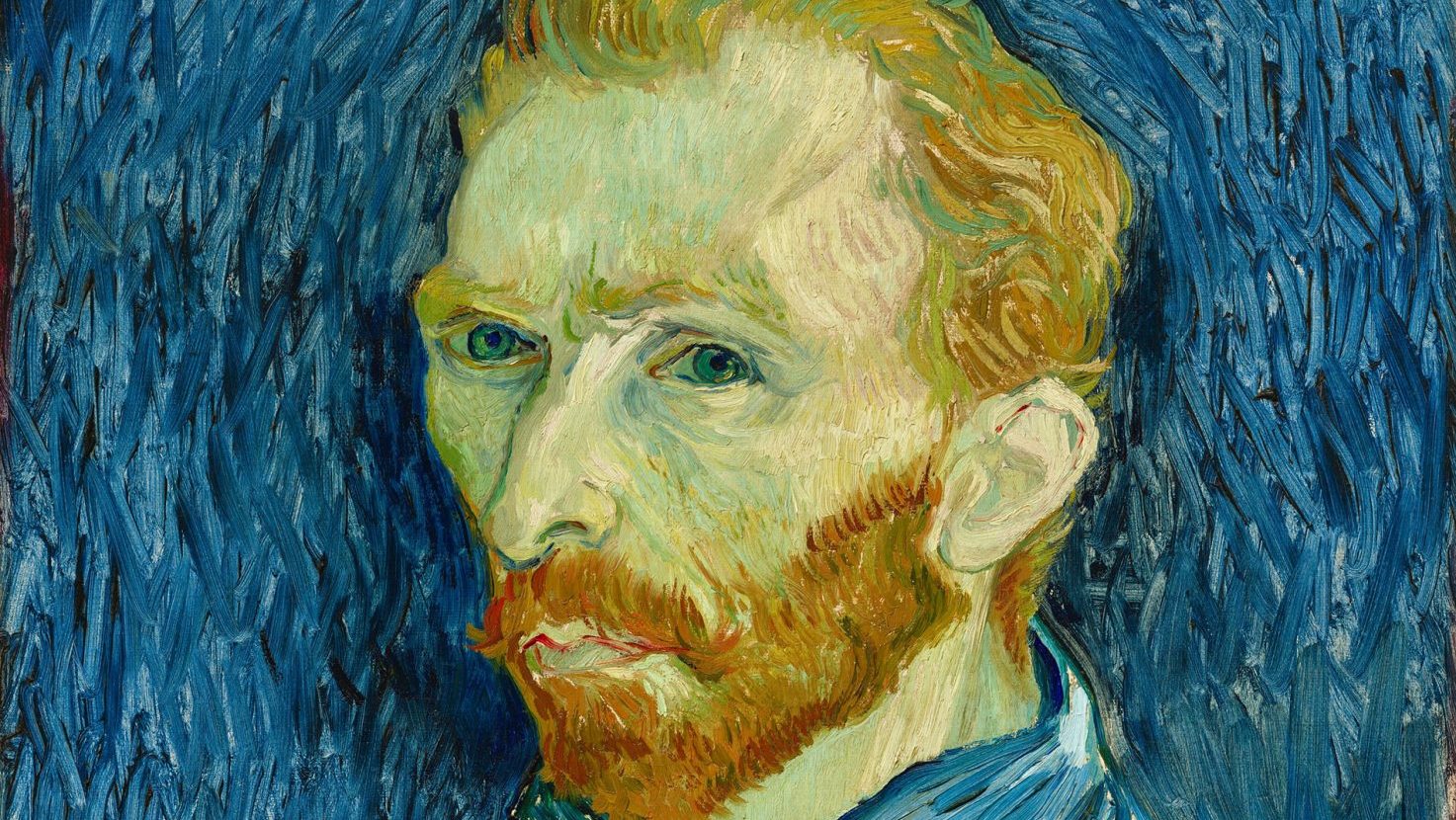In his 1929 essay The World, the Flesh and the Devil, the biologist J Desmond Bernal speculated about the prospects for modifying humans by technological means to imbue totally new capabilities, such as X-ray vision and the ability to communicate using radio waves. In such ways, Bernal speculated, we could redesign ourselves to inhabit the seas, the moon, the different gravities and atmospheres of other planets. In 1957 Bernal’s friend Julian Huxley coined a new word for such efforts to transcend our current physical limitations using science and technology: transhumanism.
That philosophy has become a full-blown movement, enthusiastically embraced by some Silicon Valley futurists but regarded rather sceptically by many scientists who better understand the real limitations of current technologies. The prospect of transhumanism does, however, loom over a recent paper published by an international team of biologists and physiologists who have identified a collection of common gene variants that could be beneficial to astronauts by making them more resilient against the health hazards of space travel.
Pretty much all traits displayed by humans, from height to propensity for addictive behaviour or the risk of developing cancer, are associated with person-to-person variations in the precise chemical composition of our DNA – crudely, to differences in our genes. Some gene variants, for example, seem related to how quickly we show signs of age, how well we sleep, and how well or poorly we respond to certain diets. It stands to reason, then, that the genetics of some people will make them more potentially resilient than others to the known hazards encountered during spaceflight – which include bone loss and muscle wasting, cancers triggered by the radiation exposure incurred in space, and cognitive stress.
To put it starkly: some individuals have genetics that will make them more likely to stay healthy and mentally stable in space. A lot is now known about the dangers of putting humans in space for extended periods, and also about the genetic signatures of resilience to those threats. Physiologist Christopher Mason of Weill Cornell Medicine, a New York-based medical college, and his colleagues have brought those two factors together to compile a list of “protective” gene variants (alleles) that could benefit space crews (and conversely, ones that might elevate the risks).
For example, one allele conferred better transport of oxygen in the blood, which might be useful to astronauts, who experience more fluctuations in oxygen levels than are typically found on Earth. Two other alleles affect bone health – one of them potentially reducing the bone weakening seen in zero gravity, the other increasing it.
The immediate implication of a list of this sort is that candidate astronauts, as well as undergoing the current regime of physical and mental tests, might be genetically screened to see if they possess some of the “good” or “bad” gene variants affecting their prospects in space. That notion already faces ethical problems: whether or not a candidate is accepted, what the consequences are for privacy, health insurance or mental wellbeing if a previously unsuspected genetic risk is identified.
But the more speculative and controversial implication is that astronauts might be genetically modified to equip them for the rigours of their mission. Gene therapies to alter our genetics in specific organs or throughout the body – typically by delivering particular gene variants to body cells using some vehicle like a virus – are still at the experimental stage: it has proved rather harder to do this consistently and accurately than many experts initially imagined.
Using such methods for pre-emptive modification of astronauts would be especially controversial, because it could be seen as a drastic intervention without the justification of meeting an existing medical need. What’s more, genetics may not play ball with the approach. Many of our genes are involved in more than one trait, and alleles might be beneficial in one way but detrimental in another. One allele identified by Mason and colleagues, for instance, is associated with slower ageing but greater cancer risk.
For all that this research might conjure the spectre of genetic hierarchies portrayed in dystopian narratives like the 1997 movie Gattaca, it might seem a far cry from the kind of modification of limbs, lungs, or other body parts pictured by Bernal in 1929 to facilitate spacefaring. But the scenarios share the same spirit, insofar as they assume there is an ethical case for altering the human to seek a destiny in the stars. We might first want to ask if there is really so much to be gained by sending people in tin cans into the deathly void of the cosmos.




